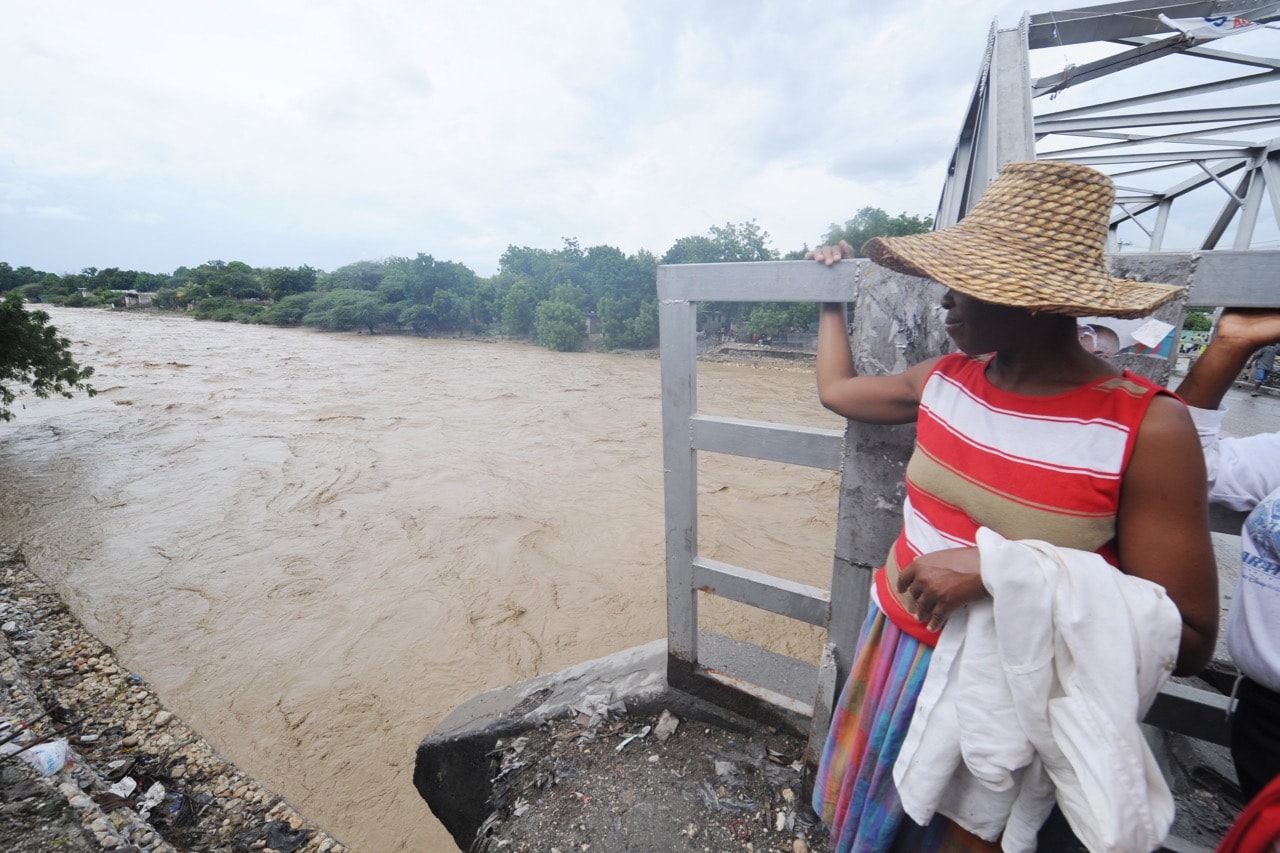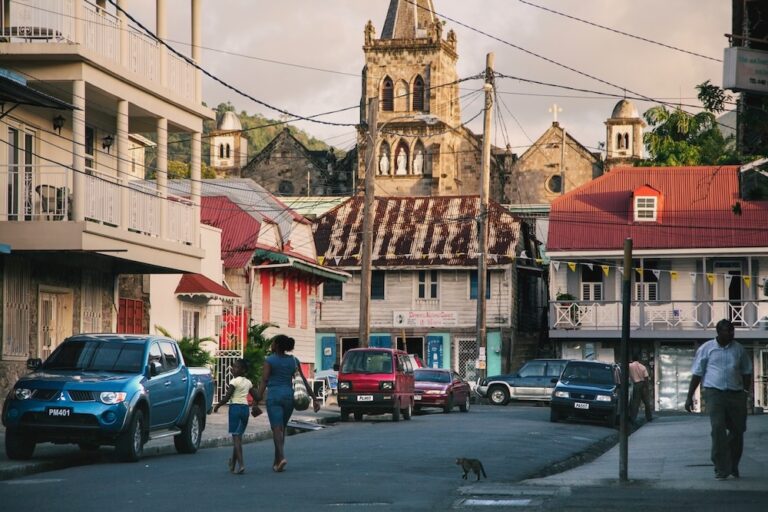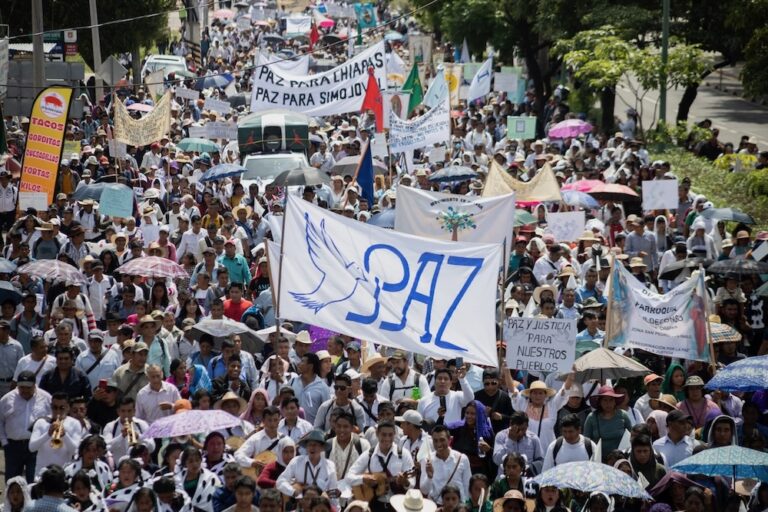Media has to be prepared for coverage during and after natural disasters. Here is a guide for that.
This statement was originally published on acmpress.org on 8 July 2018.
Media houses need to be prepared. This includes clear and updated strategies to ensure the safety and secure conduct of all staff members in the course of their duties. If there are special passes or permissions to be obtained, these should be addressed prior to the onset of the threat.
Journalists should understand that they are being relied on to deliver trusted, accurate and appropriate information on the platforms where people are seeking guidance. The outputs of media houses are expected to be a part of the recovery effort and to provide a trusted space for citizens to tell and share their stories
Media enterprises are also expected to participate in national mechanisms and processes that aim to strengthen national preparedness for disasters and ensure all staff have a proper understanding of the requirements of disaster relief management activities.
· There should ideally be in-house resource material to assist in translating technical disaster management jargon into understandable language and images for citizens.
· Investigative journalistic work can be done to help highlight vulnerabilities and promote thoughtful discussion on solutions to such challenges. Vulnerable groups should be identified and provided with platforms for expression of their concerns and needs.
· Archival material on past events should be readily available to aid in development of background information for dissemination to media audiences and to indicate areas in which lessons have been learnt.
Broadcasts/Advance Information
· Early warning information and scientific forecasts should be prepared and expressed in layman’s terms and repeated as often as possible. Media houses can also serve as clearing houses for the dissemination of information on and tools for preparedness.
· Media reportage should include messages that encourage citizens and institutions at all levels to participate in disaster risk reduction. Editorial policy should be supportive of national and regional policy and development agendas that promote greater emphasis on disaster preparedness.
Media Houses
· All media houses should have business continuity and disaster recovery plans with emphasis on the integrity of physical assets, archives and basic infrastructure to continue/resume operations as quickly as possible after an event.
· These systems should be tested and updated regularly. This includes staff briefings to ensure they are aware of such plans and understand their respective roles and responsibilities.
· There should be scheduled engagements with national disaster management offices and emergency broadcast and coverage teams should be identified in advance to adopt a leadership role throughout a crisis/emergency. Broadcasters would also need to identify an emergency broadcast location and develop alliances with other broadcasters who may have the capacity to partner with other media houses in the event of a crisis.
· Outside broadcast equipment should be identified, acquired, maintained and tested regularly and an outside broadcast plan should be developed.
Emergency Supplies
· Media houses should maintain a set of emergency supplies. These supplies should be for a minimum of three days and include:
Water- for drinking, cooking, hygiene;
Non-perishable food;
First Aid Kit and Training;
Resources for cooking- stoves, gas, utensils;
Disposable eating utensils;
Bathroom supplies;
Cleaning supplies including disinfectant;
Flash lights and bicycles for mobility.
· Media managers need to also be aware of the domestic and personal needs of media workers and be clear on their familial commitments, medical needs and other requirements in the event of long hours on duty.
Institutional Relationships
While there are clear obligations, as corporate citizens, for media in the face of a national crisis or emergency, its editorial independence and freedom to report on the realities confronting citizens should not be compromised.
Media operatives should operate in accordance with reasonable guidelines regarding their own safety and the safety of others, but the content of their reportage should remain a matter of editorial prerogative. The basic principles of good journalism remain with an obligation to be truthful, accurate, fair and balanced.
As important stakeholders, media operatives should be accorded access to remote areas and to photograph, record and report on relief and recovery efforts freely. This includes access by non-resident media.
Media industry leaders and representative national media worker organisations are encouraged to establish institutional arrangements to facilitate such a scenario well in advance of an event. This may or may not include memoranda of agreement which spell out specific measures to facilitate the free work of the media, subject to agreed guidelines to assure the safety and well-being of all concerned.



